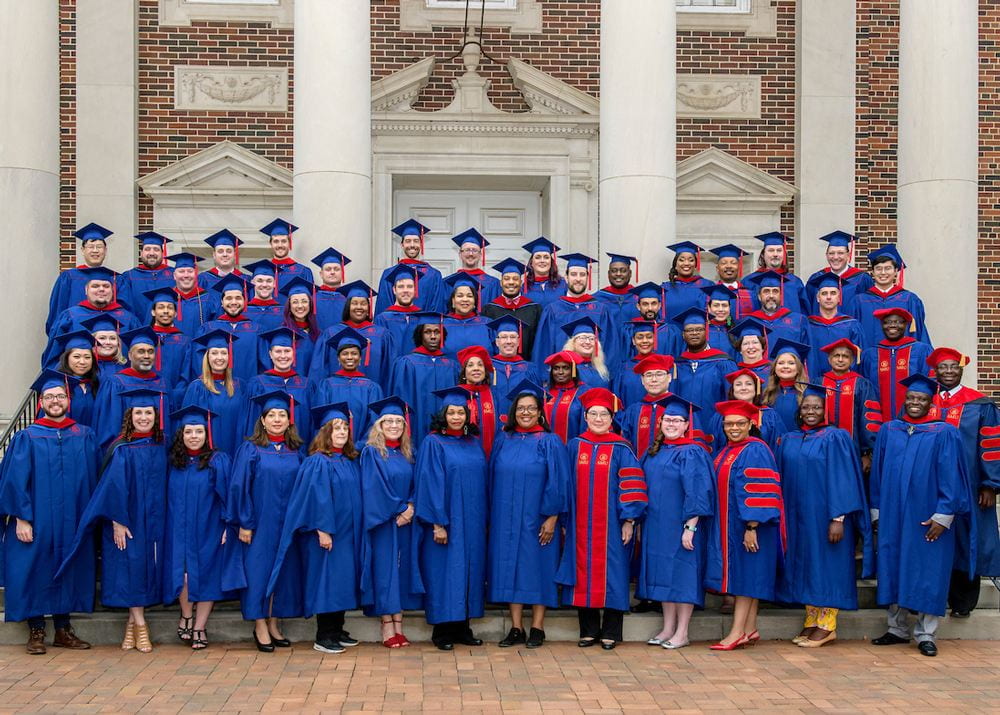The Pharisees, who were lovers of money, heard all this, and they ridiculed him. So he said to them, “You are those who justify yourselves in the sight of others; but God knows your hearts; for what is prized by human beings is an abomination in the sight of God.”
Luke 16:14-15
Why does money always seem to get such bad press in the New Testament? That doesn’t entirely correspond to our experience, does it?
Many years ago, I was a doctoral student living in a tiny apartment, a flat, in England. One day I received an unexpected phone call from the United States informing me that I would be receiving a substantial fellowship from the United Methodist Church that would help to pay for my studies. Here is what I did not say when I heard the news: “Yes, yes. I understand. No, that’s all right. These things happen. I’ll just do my best to accept it. Life goes on. I guess we all have to face up to money sometime.” That is exactly not how I reacted.
In and of itself, money has no meaning. Nevertheless, money does have a fascinating and complex relationship to meaning, which is no small matter given the fact that we humans are to the core meaning-seeking creatures. For some, including those censured in the Gospels, money and the things it buys convey status, position, and importance. And this is just where so much of the problem lies. Money becomes a real evil in our lives the moment it takes over functions that are rightly God’s, when it becomes our primary security, and even more insidious, when it starts to dictate what we think of ourselves. At that point, we have become its servants.
It is striking that those who ridiculed Jesus in v. 14 are called not just “lovers of money,” but also “those who justify yourselves in the sight of others.” You might say that our god is that which defines us, that which we look to to give our lives meaning, that which “justifies us,” to use biblical language. It’s also interesting that Jesus says his opponents were looking to money as a way of justifying themselves “in the sight of others.” According to Romans 8:33, however, it is God, and God alone, who can justify, not others.
There is another and opposite way that money and meaning are related. Money can make meaningful action possible, even if the action is done in secret. Of course, it is by no means necessary to have money to perform meaningful service. It is simply one resource among many that one may employ in God’s service. It is a tool, in other words, suitable to some tasks but not to others. Money is no substitute for human presence and caring, but it can under some circumstances make that human presence and caring possible.
My parents had an extraordinarily meaningful retirement. The reason is that they invested so much of it, including both their time and money, in a range of mission projects, such as building schools, hospitals, and churches in Haiti and Russia. Among other things, they invited a young Haitian woman to live with them in Illinois and paid for her to attend nursing school. By middle-class American standards, my parents were comfortable but not wealthy, but they did an extraordinary job of marshalling the resources they had to benefit others. This was done without a lot of fanfare, but it filled their retirement years with meaning. I had never seen them so happy and so fulfilled.
I started by mentioning a fellowship I received as a doctoral student. Let me turn back time seven or eight more years. I was contemplating attending seminary, but I wasn’t sure about my course. Unexpectedly, I was offered a full-tuition scholarship to attend Garrett-Evangelical Theological Seminary. So it was, just a few days later, that I was in class and thus my life unfolded. I do not know who gave Garrett the money that endowed the scholarship that encouraged me to attend. Neither are those donors likely ever to know what happened because of their generosity, which also includes the dozen or so others who have received that same scholarship since I graduated. Nevertheless, they enriched and changed my life, creating meaning for me and, I hope, for others. I would not have had the same life without them.
This online issue of Perspective is focused on the great good done through our giving to student financial aid. I hope you will see this as a way of employing your own financial resources in an enduringly meaningful way. You might never know the particulars, but there are wonderful church leaders whose path into ministry will be made possible by your generosity.
Thank you sincerely.
Craig
